
3 things not to do with SharePoint
I’m a big fan of SharePoint. I’ve worked with it for years, right back to SharePoint 2001. It does a lot of things very very well (Since you ask -- document management, collaborative working, and increasingly social networking functionality). However, SharePoint also does lots of things, its feature set is simply huge. Not all of these features are as mature as others, and as a result it is easy for SharePoint systems to end up feeling a bit mixed and matched. Some things work well, some less so, and some should have been avoided altogether.
It is often as important to know what not to do with SharePoint, as it is to know what to do. So, with that in mind, here are 3 things you should avoid with SharePoint:
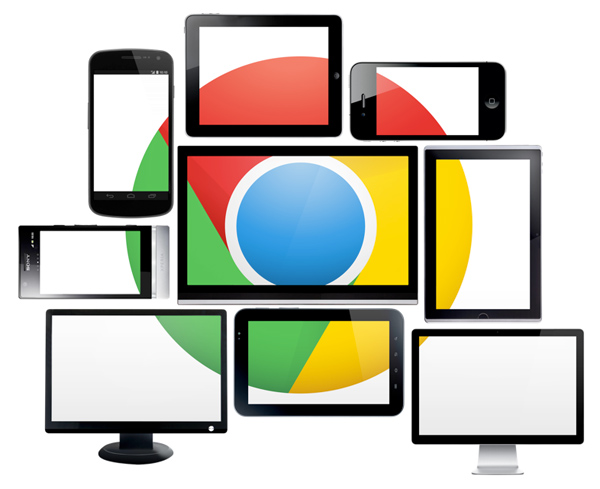
Do you use Google Chrome?
To celebrate Chrome's fourth-anniversary -- well, in beta -- we're asking readers if and why they use Google's browser. The search and information giant released the first public test build, for Windows, on Sept. 1, 2008, with the one-oh release following just three months later. For a company renown for perpetual betas (wasn't it five years for Gmail), the rapid push to release build was uncharacteristic -- and foreshadowing. As Martin Brinkmann explains, Google set a rapid-release cycle -- new versions about every six weeks -- that transformed web browser development.
Yesterday, Tim Conneally told his personal story about using Chrome, starting from the beta. I would like to hear your story, too. You can comment to this post, or, better, email me -- joe at betanews.com. I'd like more than a comment, but your story to which we can put your byline, bio and photo.

Judge Koh should vacate the Apple-Samsung verdict
Jurisprudence demands that US District Judge Lucy Koh right a terrible miscarriage of justice occurring in her courtroom. The Apple-Samsung patent dispute is nothing but a mock trial. The jury ignored key instructions, failed to complete a crucial checklist, made egregious errors on the final verdict form and reached a verdict after 21 hours of deliberations. The foreman misunderstood one of the concepts fundamental to the case -- prior art -- leading the jury astray. Then there is Judge Koh, who prevented Samsung from presenting key evidence or witnesses that could have made its defense and case against Apple more credible.
Apple claims that Samsung copying iOS device designs and patents causes irreparable harm. But the greater injustice is against the South Korean manufacturer, which is branded a copycat and thief -- all while the victim of terrible misreporting by analysts, bloggers, journalists and other writers. Samsung suffers irreparable harm here, not Apple. Judge Koh let this travesty occur on her watch. She should be ashamed and do what this malfeasance demands: Set aside the verdict. Best scenario: She should deny all claims by both parties, and let them sort it all out on appeal. Acceptable: Order a new trial. She let the case get out of control. Time is long past to reel it in.
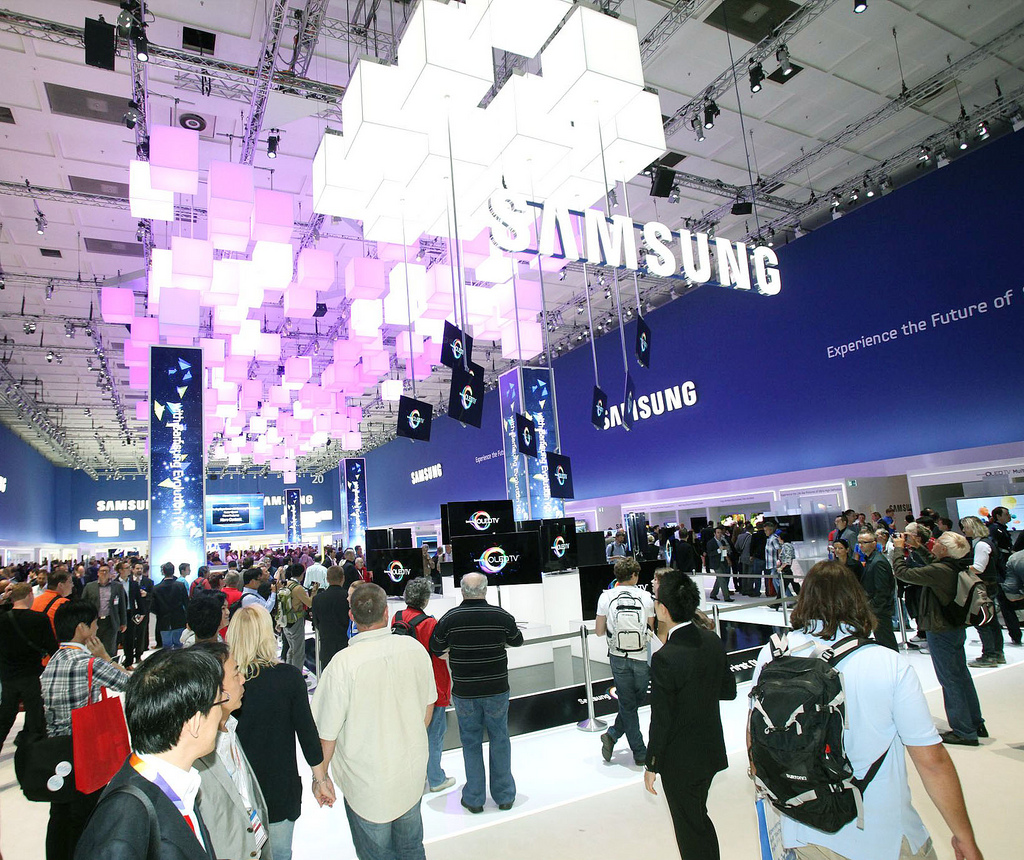
Shanghai'd by Samsung!
It sounded like quite the road trip. Stuck in Germany, with their host threatening to strand them there unless they engaged in what amounted to slave labor, those poor bloggers from India must have been terrified. What should have been an all expense paid junket to cover the IFA conference turned into a kind of Orwellian nightmare scenario complete with heavy-handed scare tactics, logo'd polo shirts and healthy dose of international intrigue.
Frankly, I'm not at all surprised. As a 25 year veteran of the IT press, I've seen all sides of the vendor/media dichotomy. And one of the earliest lessons I learned was that there is no free lunch. When a vendor splurges on an analyst, reporter or blogger, they are expecting to get something in return. Typically, this means positive coverage. They want you to write a glowing review of their product/event/announcement, and if you don't, you'll quickly end up on their blacklist.

The Great Recession isn’t really over
First in a series. A couple of years ago, in an obvious moment of poor judgement, the Kauffman Foundation placed my personal rag on its list of the top 50 economics blogs in America. So from time to time I feel compelled to write about economic issues and the US Labor Day holiday provides a good excuse for doing so now. In a sense you could say I inherited this gig because my parents began their careers in the 1940s working for the US Bureau of Labor Statistics. This first of two columns looks at employment numbers in the current recovery while the second will try to explain why the economy has been so resistant to recovery and what can be done about it.
You’ll see many news stories in the next few days based on a study from the National Employment Law Project detailing how many and what kinds of jobs were lost in the Great Recession and what kinds have come back in the current recovery. Cutting to the chase we lost eight million jobs, have recovered four million of those, but, here’s the problem, the recovered jobs on average pay a lot less than did the jobs that were lost, which is why the US middle class is still hurting.

You don't need Java
Java is one of those technologies that you find installed on the majority of computer systems despite the fact that average users do not come across many Java-powered websites or desktop applications. Sure, some may use desktop applications like JDownloader or the game Minecraft (which both require Java), but on the Internet? Seriously, when was the last time you went to a website that required the Java Runtime Environment to be installed for core functionality?
Statistics can be misleading, but according to Statowl, Java is installed on roughly 70 percent of Web browsers, which makes it the second most popular plugin behind Adobe Flash, and places it before heavyweights such as Quicktime, Windows Media Player, or Silverlight.
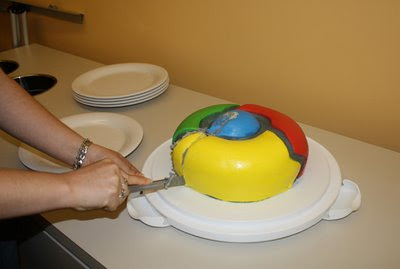
Four years with Google Chrome, and I'm never going back
Today is Labor Day in the United States. It's a federal holiday dedicated to the American workforce, celebrating, as the U.S. department of labor puts it, the "contributions workers have made to the strength, prosperity, and well-being of our country."
Every year, the Labor Day holiday falls very closely to the anniversary of Google's launch of the beta version of the Google Chrome Web browser. Released on September 1, 2008, Google Chrome is now four years old, and I am taking the opportunity on this holiday to celebrate the workhorse that is Chrome.

Samsung is dateless and desperate on prom night
A soap opera. That's how I would describe this week's revelation that Samsung is cozying up to Microsoft and the forthcoming Windows Phone 8. Still stinging from its recent court loss to Apple, the South Korean juggernaut appears to be hedging its Android bets by embracing one of the two remaining underdogs in the mobile OS race (the other being Research in Motion).
No matter how you slice it, Samsung's executives are running scared. And who can blame them? Apple will do whatever it takes to crush the little green man from Mountain View (it's a Jobsian legacy thing). And the fact that its chief hardware rival is getting squeezed in the process is simply gravy.

How to install Ubuntu on Oracle VirtualBox
There is no denying that Ubuntu is one of the most popular and easy-to-use Linux distributions available and at the same time a viable alternative to the conventional operating system of choice, Windows. Before you decide to install, you should test it on a virtual machine first, which is where Oracle VirtualBox comes into play.
With Oracle VirtualBox you get all the benefits of installing Ubuntu on a virtual machine but without paying for virtualization software like VMware. It's powerful and easy to set up -- perfectly suited for the job at hand.
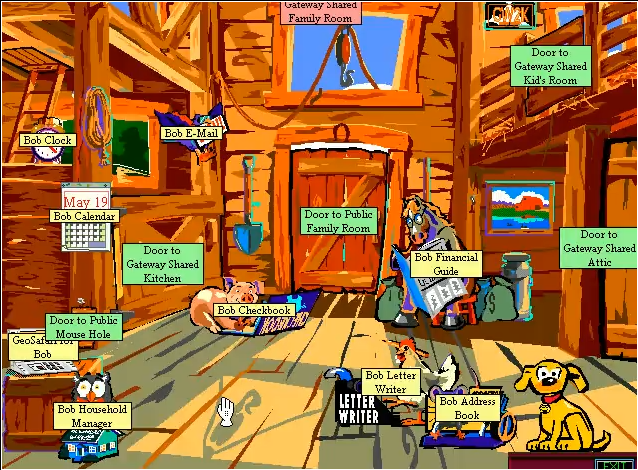
Windows 8 suffers from the Microsoft Bob effect
Windows 8 is just over a month from hitting the market and my sense is that this initial release, at least, will be at best controversial and at worst a failure. Microsoft is simply trying to change too many things at once.
What we have here is the Microsoft Bob effect, where change runs amuck simply because it can, compounded in this case by a sense of panic in Redmond, Wash. Microsoft so desperately needs Windows 8 to be a huge success that they’ve fiddled it into a likely failure.

Samsung is such a copycat
Well, I must agree with the jury in the Apple-Samsung patent trial, after seeing the shocking look-a-likes the South Korean electronics giant announced yesterday during IFA Berlin. Have you seen these Apple rip-offs? Samsung simply is shameless in its copying.
For example, there's a new phone with large screen and stylus, as well as another with big zoom lens. The audacity of Samsung to take features from iPhone or iPad and offer them on its devices. The company just thumbs its nose -- or whatever gesture they use on the Asian peninsula -- at the American jury and US District Judge Lucy Koh.
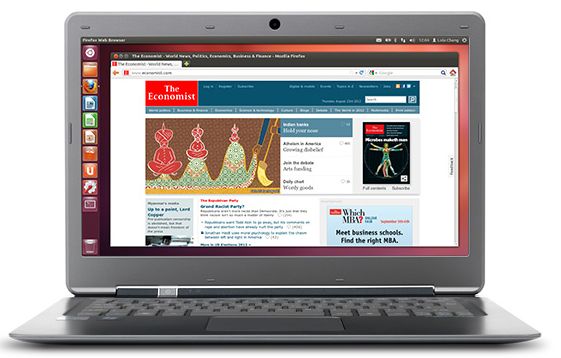
Ubuntu provides magic that Windows 8 doesn't
Is it possible to still be an early adopter and only start using Linux full-time now?
Linux is the supreme software conquest for me, and one particular distribution has tormented my early adopter "lifestyle" -- Red Hat Linux. It's now long gone, abandoned by parent company Red Hat, though it was given a new lease on life through Fedora and Red Hat Enterprise Linux.

Why we love Steve Jobs
In about six weeks, the InterWebs will flood with posts commemorating a tech visionary's passing. Steve Jobs died on Oct. 5, 2011. A year ago last week, he stepped down as Apple's CEO. Jobs is a colorful, iconic, flawed figure, who stands before us something more than mere mortal. That's because his public life has a literary quality that cuts to the core of our humanity.
I got to thinking more about this today following a discussion with colleague Tim Conneally and questions answered for a CNN reporter about Microsoft (apologies to him, I removed those sentences and use them here). I asked Tim today: "Why is Steve Jobs so endearing? Redemption. What's that term in fiction about the hero's journey? Steve Jobs followed the path in real life". There's something Shakespearean, too -- the fatal flaw that humbles greatness. Mixed together, his story should be a great fictional work. But it's better and haunting being real life.

How to install Ubuntu on VMware Workstation
Gone are the days when setting up and using Linux was a cumbersome experience, and what better way to see than trying Ubuntu -- one of the most popular and easiest-to-use distributions available. Ubuntu has tempted many Windows users to make the switch to open-source, free-to use-software.
One of the easiest methods to test Ubuntu is to install it on VMware Workstation. You get all the benefits of having Ubuntu installed but none of the hassles attributed to the process, because it's all happening in a safe virtual environment.

Which Firefox is right for you -- 15, 16, 17 or 18?
The recent release of Firefox 15 FINAL means the whole developmental cycle has moved on again with Mozilla’s web browser, and as expected versions 16 (Beta), 17 (Aurora) and 18 (Nightly/UX) have made their first appearances.
Sadly, there’s not an awful lot to get excited about in these new releases, but a handful of new features are worthy of attention. It seems to confirm what Mozilla developer Martin Best said on the release of Firefox 15, namely that Mozilla’s focus for the rest of 2012 will shift more to the Android and Firefox OS builds.
